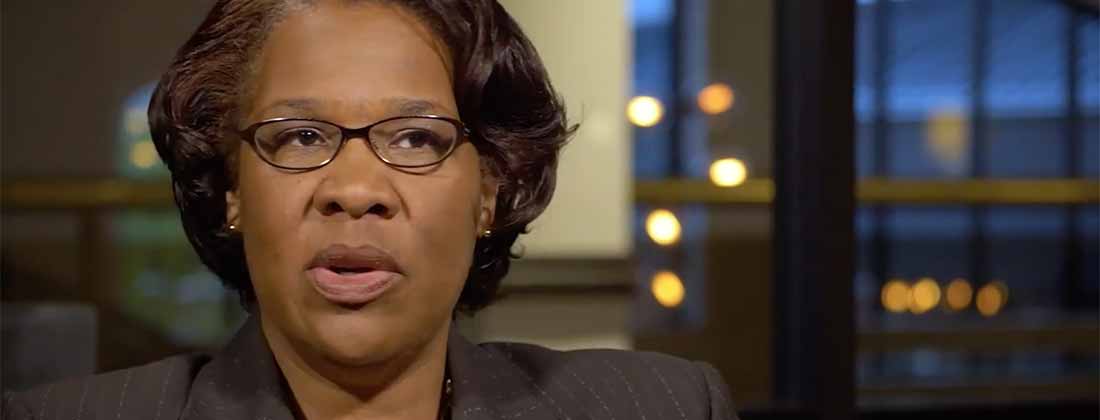Episode 4
Moving forward: Education leaders making a difference
Dec. 11, 2018This is adapted from episode 4 of the Lumina Foundation podcast, “Today’s Student / Tomorrow’s Talent.” To see more episodes, please go to the show’s website.
From Tennessee to the Pacific Northwest, leaders in the education field are working to make college accessible and affordable—not only for traditional students but for adults who want to go back to school to complete the degrees that in many cases they started years ago.
I talked to three of them on the most recent edition of the Lumina Foundation podcast “Today’s Students/Tomorrow’s Talent,” and they laid out their visions.
Dr. Shanna Jackson, the new president of Nashville State Community College, runs a college that serves seven counties. Tennessee, she said, has done a good job of making sure everyone has access to postsecondary education. Equity? That’s another story.
She envisions a system where all students have been given a case manager who can address the issues each individual faces, whether that’s the costs of textbooks and travel to and from campus or childcare and food insecurity.
“We want individualized education plans for them and then to build a body of support around them so that they can finish, and they can get good-wage jobs, and they can change their family lives forever,” she told me.
The Columbus, Ohio, native calls her agenda “Moving Forward.” Right now, she said, Nashville State is moving from Community College 1.0, which is access- and enrollment-based, to a 2.0 version that is centered around completion and student achievement. Ultimately, she wants her college to reach 3.0, which focuses on post-completion and moves graduates to their next step—either to a four-year school or to employment.
In Washington State, where Dr. Rachelle Sharpe is deputy executive director of the Washington Student Achievement Council, there are about 1 million people who haven’t finished college. Of those, 40 percent have some credits, 42 percent have a high school diploma and 18 percent never finished high school.
Sharpe said her state needs to work on a three-pronged approach:
- Developing a student identification and outreach strategy. While current students have access to college information through their high schools, most adults don’t have a similar pipeline to support them.
- Addressing financial aid concerns. School must be made affordable, including ancillary costs like childcare, transportation, and housing.
- Creating plans for completion, which includes developing relationships with employers so those who graduate can step into work.
“We’re trying to build a comprehensive infrastructure that will sustain and last into the future,” she said. “It takes time to develop that buy-in.”
In neighboring Oregon, Ben Cannon, executive director of the Oregon Higher Education Coordinating Commission, and his team of about 120 are refining their attainment goal for the state’s adult population.
Cannon said the approach will focus on four areas of work: combining state investments in talent finance plans in line with the state’s attainment goals; providing decision makers with the best data to make decisions; creating more pathways for students to move to the next level, whether that’s from K-12 to college or community college to work; and outreach, so that Oregonians will know the best ways to connect with higher education.
“We have programs we administer and policies we will be initiating that are designed to bring more Oregonians into the post-secondary education system,” he said.
Improving education systems is hard work, and these three are up to the challenge.

